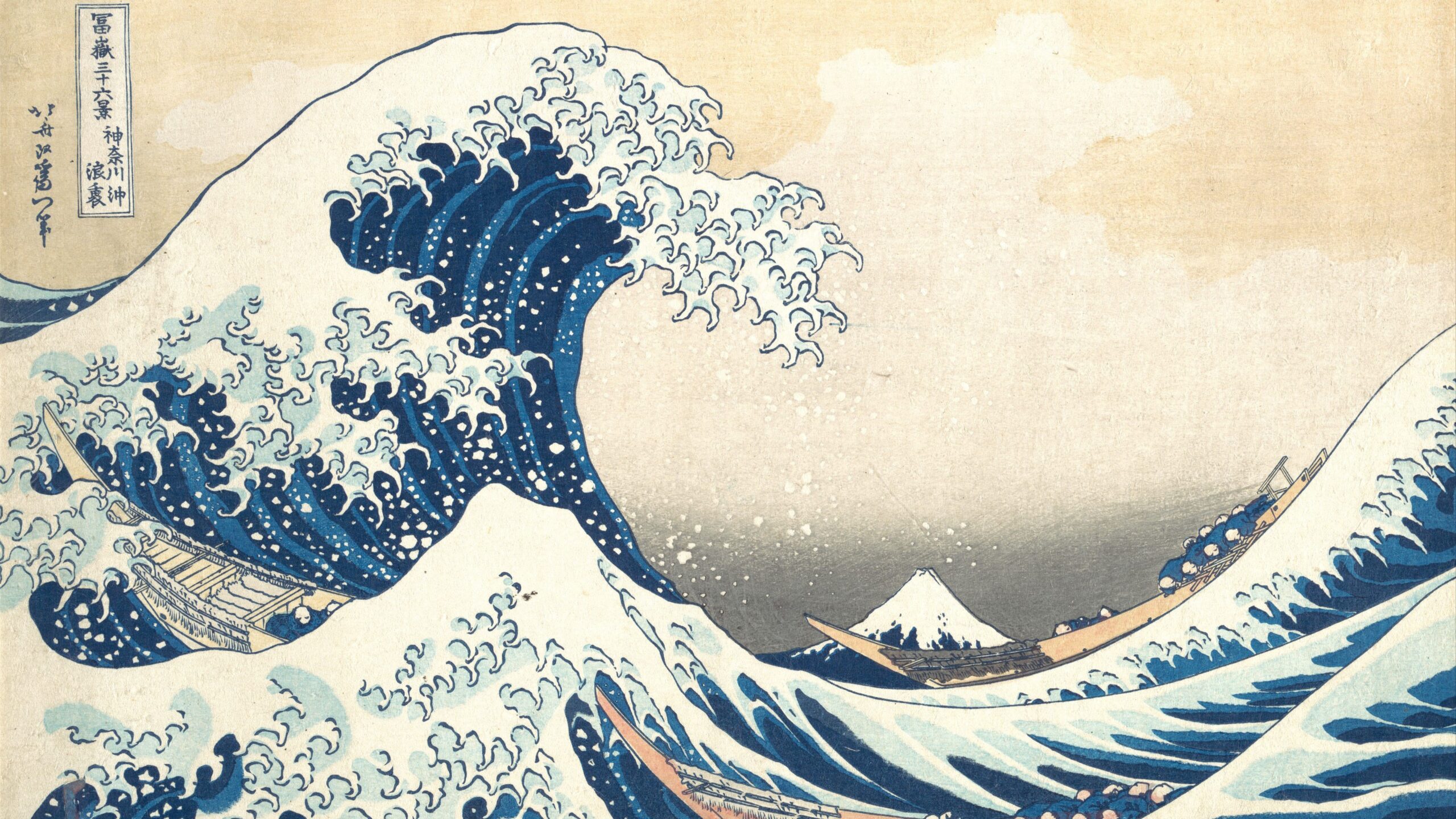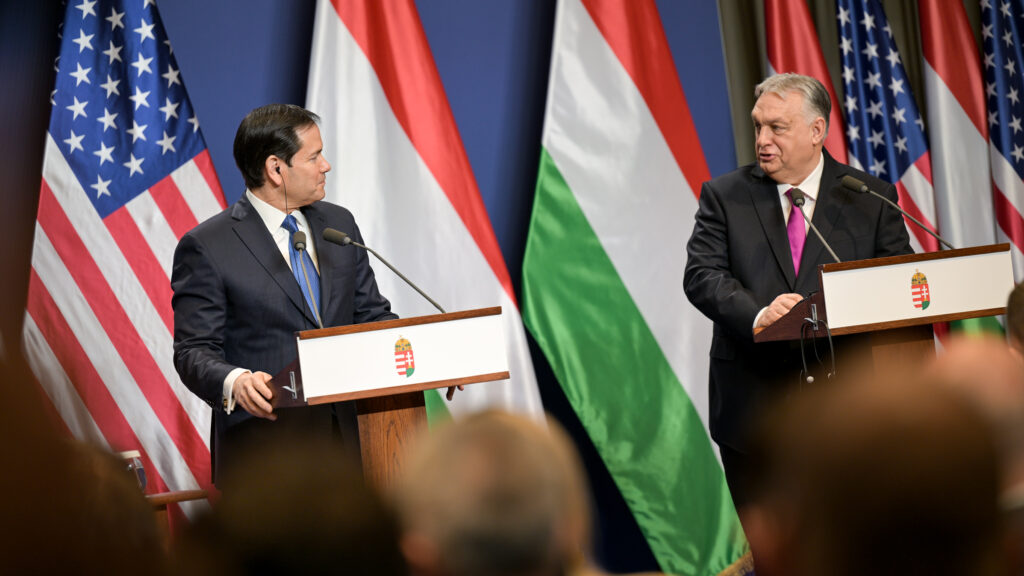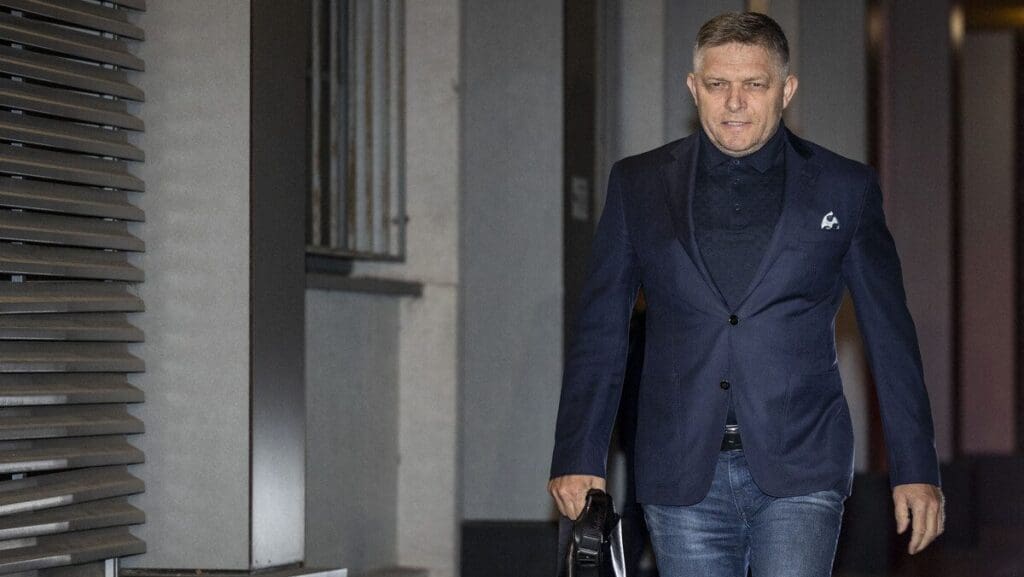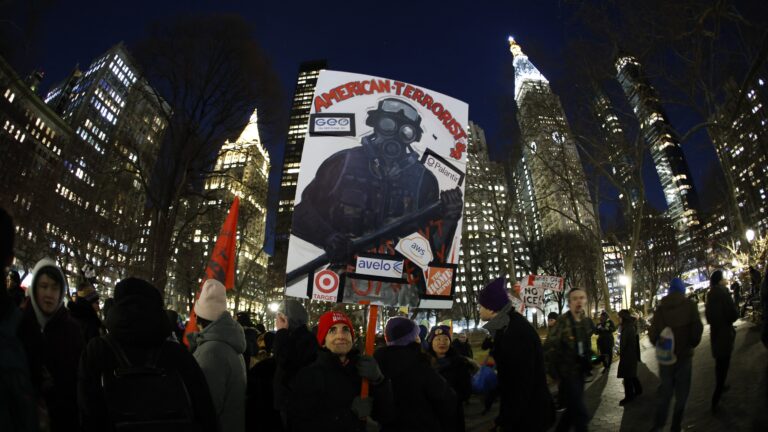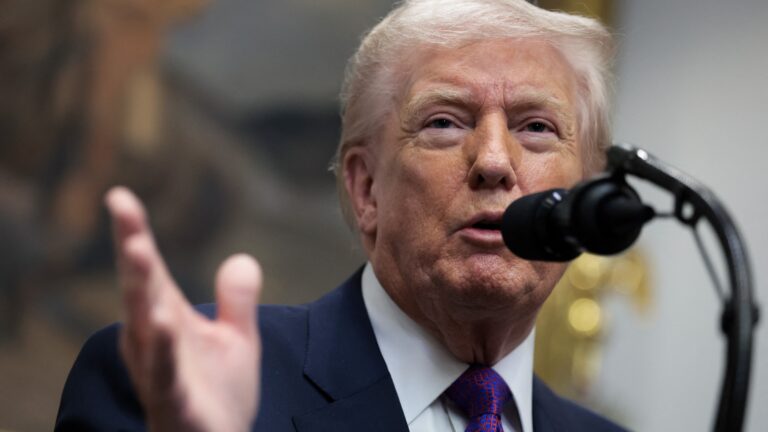Global pandemics, draconian lockdowns, wars, Presidential assassination attempts, censorships, deep societal polarizations, culture wars, mysterious drones appearing in the sky—it seems humanity has seen centuries worth of events in a mere few years.
As we step into 2025, the world stands at a crossroads and on the brink of major breakthroughs in many aspects. The world order is in transition. Artificial Intelligence is poised to reach new milestones, unimaginable only a few years ago. Many crises, natural or manufactured, have reshaped the geopolitical landscape, and tested our societies’ resilience. Yet, the new year has the potential to transform these challenges into opportunities for renewal, growth and a reaffirmation of the values that bind us as humans and have defined our western civilization for centuries. Here’s what I think we can expect from the new year.
The war in Ukraine will come to an end within the end of the year. There is a growing tiredness across Europe and among American taxpayers about the War. Prime Minister Viktor Orbán, followed by a rising number of European statesmen (Volodimir Zelenskyy included) are calling—privately or publicly—or a roadmap to peace. US President Donald Trump has emphasized his determination to negotiate a just peace that gives both Russia and Ukraine the right assurances. American resolve in this matter will prove to be decisive for Russian ambition in other European territories, and for Chinese objectives in the South China Sea and Taiwan.
Furthermore, it is just as likely that the conflict in the Middle East will subside. Hezbollah, Hamas and Iran will come out on the losing side of the conflict. All three are severely weakened, as shown by what occurred in Syria a few weeks ago. Expect a return to the maximum pressure strategy on Iran by the new Trump administration, which will further diminish the Middle Eastern country, and by extension its proxies.
The Abraham Accords facilitated by President Trump in his first term proved to be a game changer in the search for a long-term peaceful solution to the Middle East conflicts, shown further by the reaction of many Arab countries in the last two years, subsequent to the attack on Israel. I believe that with the intermediation of the American President, Saudi Arabia will be the latest country to join the Accords.
In the United States, immigration and tax cuts will be the first items in the domestic agenda of the 47th President. His economic policies of reducing the fiscal burden and deregulating will push GDP growth upwards, more than in the last year of the Biden Presidency. Trump will successfully use tariffs as a negotiating tactic with Mexico and Canada in exchange for tougher immigration measures. He will hit Chinese imports with the tariffs he has threatened, whereas Europe will answer with a (forced) negotiation at getting American gas instead of the Russian one and attempts at fairer trade deals.
As for illegal immigration, I believe there will be a return to the Return in Mexico policy that proved to be successful in reducing the number of crossings in the south border. The new Trump administration will continue with the deportation of illegals who have committed crimes and those that present a danger to the security of the US. However, I do not foresee deportations of illegals who have adapted to life in the country and constitute no type of danger. The next President will not, however, buy Greenland or enable a control shift of the Panama Canal during this year. Meanwhile, Canada will give Conservatives their biggest win ever, granting the Prime Minister’s office to Pierre Poilievre.
Europe will continue its rightward shift, as elites persist in their path of unrepresentative decision-making. European conservatives, and many centre–right parties, encouraged by their American counterparts, will deepen their cooperation. Following the success of Javier Milei’s reforms, a push for supply side reforms is certain in the United States—especially with the expected results of the Department of Government Efficiency—and in Europe, with PM Orbán being the main advocate for deregulation, lower taxes, effective government spending and higher productivity.
‘Europe will continue its rightward shift, as elites persist in their path of unrepresentative decision-making’
In Germany, Friedrich Merz will likely be the new Chancellor, with the Greens or SPD as the junior partner. It will be a coalition unbound by any common views or common project. This, I expect, will further boost the AfD, which will continue to be supported by Elon Musk. Mr Musk will continue to back the Reform Party in the United Kingdom. The latter may well see anticipated elections that produce a hung Parliament, with a relative majority of Conservatives and Reform.
NATO members will increase their defence spending, with American pressure going up for the percentage to reach 3 per cent of GDP. The BRICS will not make any major breakthroughs; nor will they reach any considerable milestones in their efforts to mount a successful, durable competition with NATO or the G7. Russia, North Korea, China and Iran will increase their cooperation, nevertheless. Further western decoupling with China and a shift of supply chains for critical industries, including technology, pharmaceuticals, and rare earth elements, is seen as a strategic imperative and will gain support, as the world order becomes more multipolar.
Resistance to wokeism and other cultural shifts will persist and will shape public discourse on both sides of the Atlantic. The influence of DEI initiatives is rapidly declining, and their excesses helped re-elect Donald Trump. Movements and parties advocating for tradition, national sovereignty, and family values will gain momentum, especially in regions experiencing demographic decline and social fragmentation.
Cyberattacks, unconventional warfare, and threats from rogue states or non-state actors will force nations to innovate their defence capabilities. Artificial intelligence, quantum computing, and biotechnology will advance and bring both opportunities and challenges. There will be a renewed competition on space domination, with the major breakthroughs coming from SpaceX.
The energy sector will remain a focal point in 2025, as nations strive for independence and sustainability. Europe, particularly, will seek to balance its goals to transition to renewable energy with the need for energy security. This will probably slow the climate goals set by the European Commission.
Geopolitical competition for Africa’s resources will intensify, with China, the United States, and Europe vying for influence through investments and partnerships. Countries like Nigeria, Kenya, and Ethiopia are becoming hubs for innovation and economic growth, attracting foreign investment and fostering regional cooperation. Both the Political West and East will vie for influence in the African continent, which will shape its political and economic trajectory.
These are mere expectations based on known factors from today, which can fully change by year end. Readers may disagree; they may have their own expectations. Yet, these scenarios aim to be plausible, and I will revisit them at the end of 2025. Nevertheless, as we navigate the new year, the choices we make as nations and individuals will shape the world for generations to come.
Related articles:

